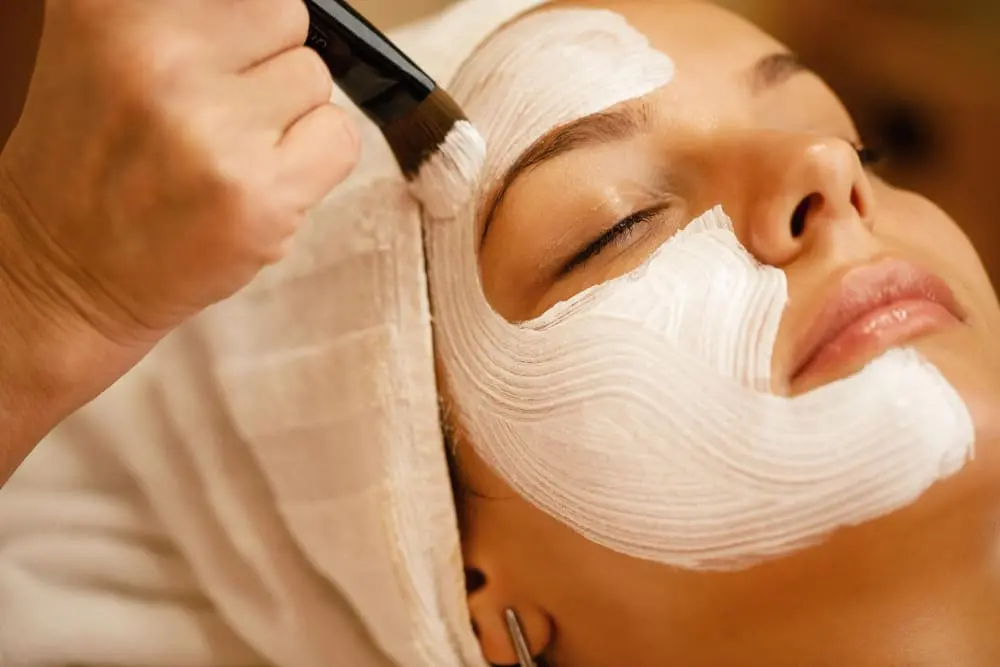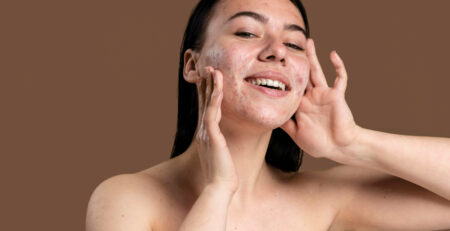The Importance of Exfoliation in Your Beauty Routine
Exfoliation is a vital aspect of skincare that is often overlooked but plays a significant role in maintaining healthy and radiant skin. Whether you’re dealing with dryness, acne, or dullness, incorporating exfoliation into your beauty regimen can make a noticeable difference in the appearance and texture of your skin.
What is Exfoliation?
Exfoliation refers to the process of removing dead skin cells from the surface of the skin. These dead cells can accumulate over time, leading to a dull complexion and clogged pores. By exfoliating regularly, you effectively slough off these dead cells, revealing fresher, smoother skin underneath.
Benefits of Exfoliation
Enhances Skin Texture: One of the immediate benefits of exfoliation is its ability to improve skin texture. By removing the outer layer of dead skin cells, exfoliation encourages cell turnover and stimulates the production of new skin cells. This results in a smoother and more even skin texture.
Unclogs Pores: Dead skin cells can accumulate in pores, leading to congestion and the formation of blackheads and whiteheads. Regular exfoliation helps to clear out these pores, reducing the likelihood of breakouts and promoting clearer skin.
Improves Skin Tone: Exfoliation can help to fade dark spots, hyperpigmentation, and acne scars over time. By removing the top layer of dead skin cells, exfoliation allows for better absorption of skincare products that target these concerns, making them more effective.
Boosts Radiance: Dull, flaky skin can make your complexion look lackluster. Exfoliation instantly brightens the skin by removing dead cells that can reflect light unevenly. This gives your skin a healthy glow and makes it appear more youthful.
Types of Exfoliation
There are two main types of exfoliation: physical and chemical.
Physical Exfoliation: This method involves using abrasive substances or tools to physically scrub away dead skin cells. Common physical exfoliants include facial scrubs, brushes, or cleansing cloths. It’s important to choose gentle exfoliants and avoid harsh scrubbing, especially if you have sensitive skin.
Chemical Exfoliation: Chemical exfoliation involves using acids or enzymes to dissolve dead skin cells. Alpha-hydroxy acids (AHAs) such as glycolic acid and lactic acid, and beta-hydroxy acids (BHAs) like salicylic acid are commonly used in chemical exfoliants. These acids penetrate the skin to break down the bonds between dead skin cells, effectively exfoliating the skin without the need for physical scrubbing.
How Often Should You Exfoliate?
The frequency of exfoliation depends on your skin type and sensitivity.
- Normal to Oily Skin: Can typically exfoliate 2-3 times per week.
- Dry or Sensitive Skin: Should exfoliate less frequently, about 1-2 times per week, using gentler exfoliants.
Over-exfoliation can lead to irritation, redness, and damage to the skin barrier, so it’s essential to listen to your skin’s needs and adjust your exfoliation routine accordingly.
Tips for Effective Exfoliation
Choose the Right Exfoliant: Select exfoliating products formulated for your skin type and concerns. For sensitive skin, opt for gentle exfoliants with soothing ingredients like oatmeal or chamomile.
Be Gentle: Whether using physical or chemical exfoliants, avoid aggressive scrubbing or excessive pressure. Massage the product onto damp skin using gentle circular motions.
Follow with Moisturizer: After exfoliating, always follow up with a moisturizer to hydrate and protect your newly exfoliated skin. This helps to maintain the skin’s moisture balance and prevents dryness.
Beyond the Face: Body Exfoliation
Exfoliation isn’t limited to just the face. It’s equally important to exfoliate other parts of your body, such as elbows, knees, and feet. Body scrubs or exfoliating gloves can help to remove dead skin cells and keep your skin smooth and soft all over.
Incorporating Exfoliation into Your Routine
To reap the benefits of exfoliation, incorporate it into your skincare routine consistently. Choose a day or two each week dedicated to exfoliating your face and body. With regular exfoliation, you’ll notice improvements in your skin’s texture, tone, and overall radiance.
Conclusion
Exfoliation is a fundamental step in achieving healthy, glowing skin. By removing dead skin cells and promoting cell turnover, exfoliation enhances skin texture, unclogs pores, and improves the effectiveness of skincare products. Whether you prefer physical or chemical exfoliation, finding the right method and frequency for your skin type can lead to significant improvements in your skin’s appearance and overall health. Incorporate exfoliation into your beauty routine to enjoy smoother, brighter, and more radiant skin.











